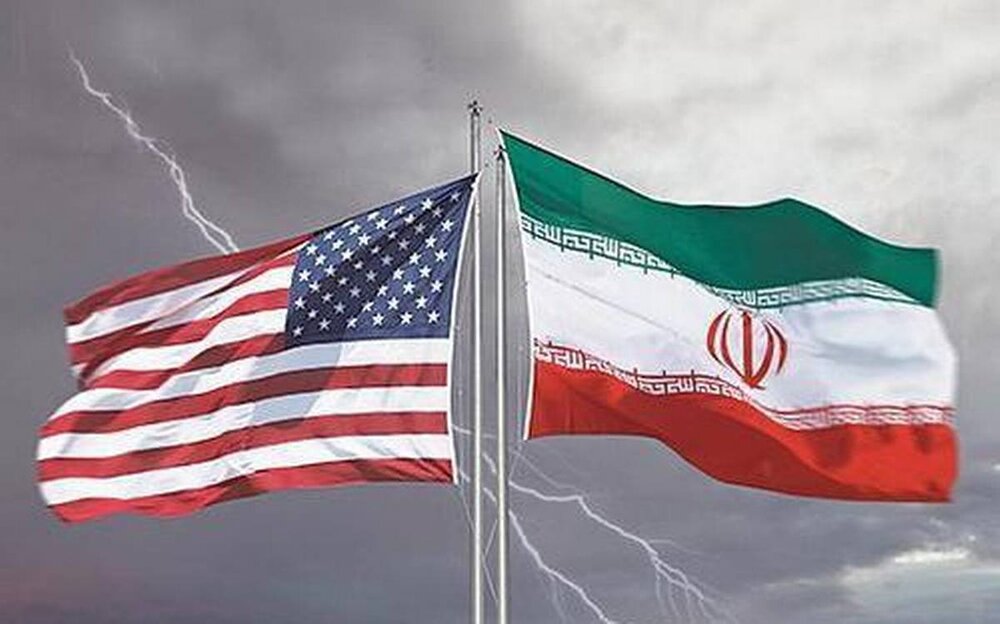There should be no miscalculation

As both Iran and the U.S. have declared their inclination to come back into full compliance with the 2015 nuclear deal - JCPOA - under certain conditions, it seems that the UK, France, and Germany (E3), are setting policies to act wisely in future talks.
Maybe, Iran’s parliamentary law to suspend the Additional Protocol has appeared quite worrisome to the EU and prompts them to choose a different path in terms of dealing with Iran not “to lose time”.
In this framework, the Royal United Services Institute (RUSI), on 16 February, has discussed the issue in a commentary titled “Iran’s Shifting Nuclear Debate and the Shrinking Space for Diplomacy”.
Azadeh Zamirirad, the expert on West Asia and Africa affairs at the German Institute for International and Security Affairs (SWP), argues that as Iran and the U.S. are both waiting for the other side to take the first step, there is an increasing risk of concluding no nuclear compromise at all. She stresses that the more Tehran and Washington continue to hang on to the current attitude, the more such a risk increases. Therefore, the expert recommends while the EU must comprehend the importance and role of nuclear discourse in the Islamic Republic of Iran, it should act wisely and cautiously not to overestimate Iran’s establishment’s willingness to reentering the deal.
She reviews approaches towards Iran’s nuclear program in terms of domestic view since 2002. The expert mentions that among vastly differing stances on the issue, there has been a consensus that conducting a diplomatic process serves to the best of Iran's national interests.
RUSI believes that recent Iran’s nuclear remedial measures, which are formally declared and are conducted under Paragraph 36 of the JCPOA, are clear indicators that “the current nuclear debate in Iran has become much harsher in tone.”
(Paragraph 36 provided a mechanism to resolve disputes and allows one side, under certain circumstances, to stop complying with the deal if the other side is out of compliance.)
She also adds that Tehran’s frustrating experience in dealing with the U.S. as well as the obvious ineffective function of the EU in terms of the JCPOA, in some regards the current conditions are even worse than they were in 2004.
Due to the negative experience of the JCPOA, assumptions within the Iranian political discourse about the lack of U.S. willingness and the inability of the Europeans to uphold the JCPOA, a light at the end of the tunnel will hardly appear.
The British think tank also refers to recent projections from the World Bank, the International Monetary Fund, and the Institute of International Finance conducted in fall 2020, predicting “under the most pessimistic scenario, Iran would post 1.8% growth next year and its foreign reserves would steadily decrease from about $80 billion this year to $46.9 billion by the end of 2023.” In addition, it writes: “Iran will achieve growth rates of anywhere from 1.5% to 3.2% this year even if sanctions remain in place.”
Besides, RUSSI refers to the results of a survey conducted by the Center for International and Security Studies at Maryland (CISSM) which indicate that Iranians’ public support for the JCPOA dropped from 76% in 2015 to a little more than 40% at the end of 2019.
In reference to the aforementioned facts, Zamirirad argues that if the Iranian establishment gives up on the JCPOA by “letting it fall apart”, it would not be “entirely unreasonable”.
Moreover, she claims: “Iran could be inclined to leave the Nuclear Nonproliferation Treaty and further accelerate its nuclear program until it is on the verge of a nuclear breakout.”
Pointing to Iran’s decision to suspend the Additional Protocol on 23 February, RUSI argues that “harsher public stance by the E3 and continued posturing will not prevent Tehran from suspending the Additional Protocol”. It recommends “Europeans should focus on dis-incentivizing Tehran from turning its back on the JCPOA at a time when this is still achievable.”
Notwithstanding experts’ recommendations which stress that Biden should make the first move to revive the JCPOA, they overtly clarify that the JCPOA can reinforce the U.S. leverage over Iran. Moreover, all U.S. and European policymakers notify that if the White House wants to propose some sanctions relief, the fundamental ones must be untouched to make sure that rejoining the JCPOA would not squander the current sanction regime.
Besides, the United States has articulated a systematic sophisticated sanction mechanism of primary and secondary sanctions to capitulate Iran via increasingly economic pressure. Indeed, this policy which is based on the securitization of Iran’s nuclear program chiefly affecting the civilians is not going to be transformed at least in short or middle term.
Undoubtedly, the unprecedented multilateral sanctions imposed by the U.S. have acted as stumbling blocks, slowing Iran’s growth and development in recent years. Also, given the medical sanctions Iran confronts, the COVID-19 pandemic has made the situation more demanding for Tehran to manage.
Against the backdrop, the facts on the ground, which some of which have been presented by international institutions, are obvious indicators that a “resilient economy” strategy has been meaningful.
At the time being, while it seems that the Oval Office’s foreign policy is a departure from the one pursued by the Trump administration, Iranian policymakers should act prudently and smartly.
Taking another hasty leap of faith by Tehran merely because Biden is different from Trump, may undermine national interests at home and overseas. In such a complicated situation, Iran should stick to the principles of “dignity, wisdom, and expediency”.
